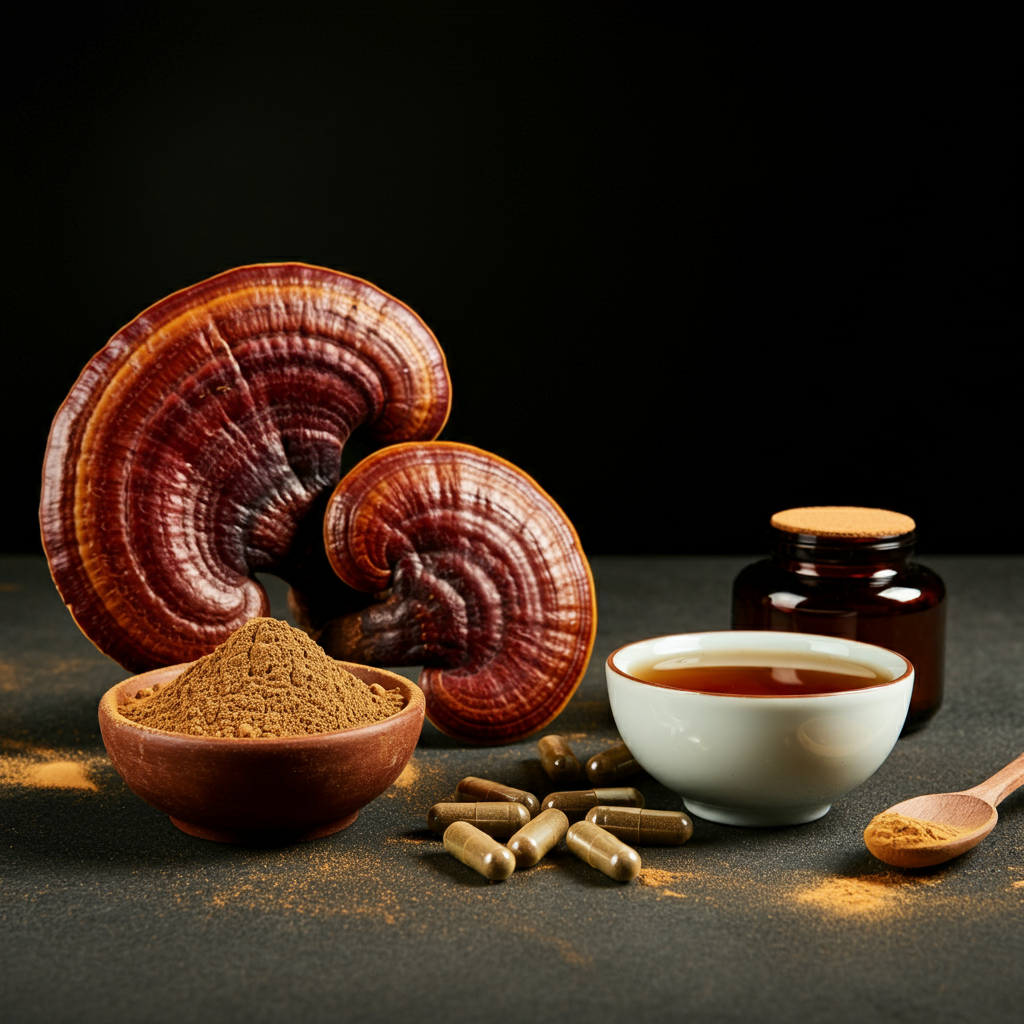Coriolus versicolor (Yunzhi) Use as Therapy in Advanced Hepatocellular Carcinoma Patients with Poor Liver Function or Who Are Unfit for Standard Therapy
Authors: Wen Yee Chay, Chee Kian Tham, Han Chong Toh, Hwee Yong Lim, Chee Kiat Tan, Cindy Lim, Who-Whong Wang, and Su-Pin Choo
Journal: The Journal of Alternative and Complementary Medicine
Study Design: Randomized, placebo-controlled trial
Participants: 15 patients with advanced hepatocellular carcinoma (HCC) and poor liver function or unfit for standard therapy
Trial Length: The median treatment duration was 1.5 cycles (5.9 weeks) for the placebo group and 3 cycles (12.1 weeks) for the CV group.
Intervention:
- CV group (n = 9): 2.4 g of Coriolus versicolor (PSP) daily
- Placebo group (n = 6)
Primary Outcomes: Time to progression (TTP)
Secondary Outcomes: Response rates, toxicity, quality of life (QOL), progression-free survival (PFS), and overall survival (OS)
Summary: The study investigated the use of CV in patients with advanced HCC and poor liver function or who were unfit for standard therapy. The results showed no significant difference in TTP between the CV and placebo groups. However, the CV group reported better QOL scores in physical, emotional, cognitive, and social functioning compared to the placebo group. Additionally, CV subjects experienced less pain and appetite loss. The study also found that CV may influence immunological markers, potentially inhibiting tumor growth and invasion. Although the study was limited by small sample size, it suggests that CV may improve QOL and potentially offer some clinical benefits in patients with advanced HCC who have limited treatment options.

No responses yet